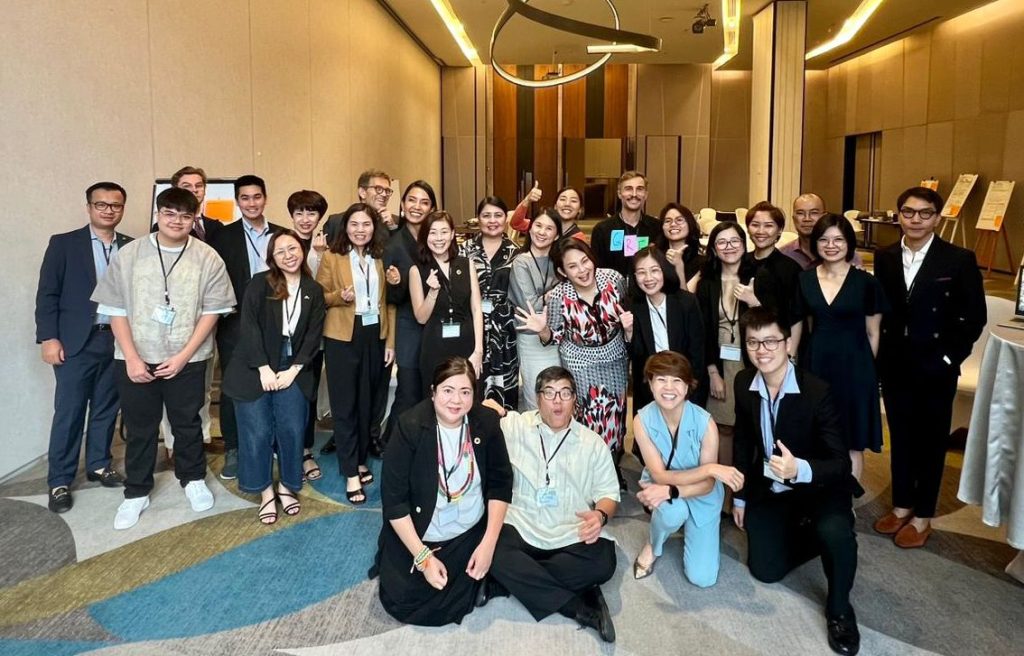Challenging the Disgust Factor: Edible Insects and the Media's Approach
In a world grappling with the environmental implications of meat consumption, the idea of turning to insects as a viable protein source has gained traction. Edible insects offer a sustainable and nutritious alternative, but their adoption in Western societies has been hindered by a powerful psychological barrier – disgust. While this challenge persists, it’s worth questioning the media’s approach to promoting insect consumption. Why is it that the media often leans into the disgust factor when discussing edible insects, rather than spotlighting delectable dishes that utilize cricket powder to champion sustainability and health? Moreover, the practice of using whole insects as toppings seems to amplify this disgust factor. Is there a rationale behind this choice?

Breaking Down Neophobia and Increasing Interest
The reluctance of Westerners to embrace insect consumption can be attributed to neophobia – the fear of trying new foods. To address this barrier, a recent study highlighted by Food Navigator Europe, titled “Encouraging willingness to try insect foods with utility-value intervention,” focused on the psychology of consumer perception regarding insect consumption. The study utilized “utility-value interventions,” a technique that links a subject to personal relevance, similar to its use in education to engage students with subjects by demonstrating their practical value.
In the study’s first phase, participants were prompted to write essays exploring insect consumption’s relevance to their own lives. This exercise notably increased their willingness to try insect-containing meals. The findings suggest that by associating insects with personal significance, individuals are more inclined to overcome neophobia and consider insects as a viable food source. This approach has the potential to transform aversion into curiosity and acceptance.

Culinary Exploration and Familiarity
The study’s second phase offered a fresh perspective by encouraging participants to craft essays on preparing insect-based dishes. Unlike the utility-value interventions, this approach didn’t overtly connect insects to personal relevance. However, the act of researching and creating recipes using insect-derived ingredients led to a similar increase in participants’ openness to trying insect-based meals. This raises an important question: Why does this culinary-focused approach appear to diminish the disgust factor?
Researchers hypothesize that immersing individuals in the culinary exploration of insect-based dishes fosters familiarity and knowledge, making the idea of insect consumption less daunting. Additionally, presenting insects within a recipe context could help shift the social perception of insect consumption, making it appear more acceptable and less repulsive.

Media's Role in Perception Shift
Considering the study’s insights, it’s worth contemplating the media’s role in shaping public perceptions of edible insects. Instead of focusing on shock value and emphasizing the “gross” factor, media outlets can play a pivotal role in changing the narrative. By showcasing appetizing dishes where cricket powder is skillfully employed, the media can highlight the sustainability and health benefits of incorporating insects into our diets. This shift can encourage viewers to view insects as more than just ‘exotic’ or ‘repulsive,’ but as ingredients that contribute to a brighter food future.

Whole Insects as Toppings: A Paradox
An intriguing paradox emerges when discussing the use of whole insects as toppings. While the objective might be to make insects more visually palatable and normalized, the choice often ends up exacerbating the disgust factor. This could be attributed to the deep-rooted aversion many individuals have towards whole insects. Rather than achieving the intended result, such imagery might perpetuate misconceptions and hinder progress towards mainstream acceptance of insect consumption.

A Call for Culinary Innovation
The findings of the study highlighted by Food Navigator Europe present a remarkable opportunity to reshape our relationship with edible insects. By connecting insect consumption to personal relevance and culinary creativity, the study provides a roadmap for transcending neophobia. It’s time for the media to shift their focus from sensationalism to showcasing the innovative culinary possibilities that insects bring. The power of insect-derived ingredients, like Ento Powder from Crickets by Global Bugs Asia, goes beyond shock value. They speak to sustainability, health, and the exciting potential of transforming our food systems for the better.






